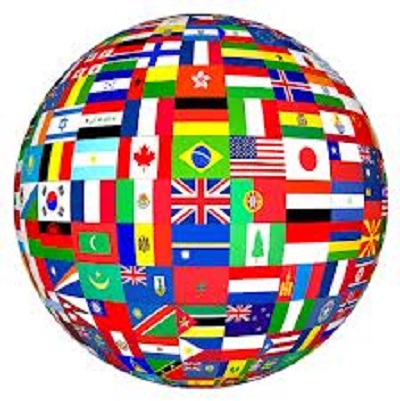I sure love that we are seeing more pieces like this one: “Would you give up having children to save the planet? Meet the couples who have.” While all people don’t “give up” having children, I do like that it discusses the larger picture of bringing another biological child into the world.
The Anthropocene
In this same vein, havingkids.org has a smart guest post by Emma Spett. This quote in particular succinctly makes a procreative ethics point:
“To me, parenting in the anthropocene means that we must take responsibility for our new role as the primary geological force on earth. What can we do to alleviate our grasp of the world’s natural systems? We can have fewer children, surely. We can encourage the people around us to adopt, to participate in the lives of their friends’ and family’s children, we can encourage smaller families through policies and taxation and education. We can normalize, validate, and celebrate the conscious choice not to have children at all.”
Environmental Reasons Not New
In gathering qualitative data on childfree couples since the late 1990s, I have found that some of them factor environmental reasons into their decision not to have children. This quote in the piece, “Want To Slow Global Warming? Researchers Look To Family Planning,” speaks to what some couples I interviewed for Families of Two felt: “Because we care so much about climate change, it is a factor we’re considering. But it’s not the only one.” Although it’s not the most common thing childfree couples consider when making the decision whether to become parents, it definitely factors into the decision for many of them.
As did the reality of a child’s experience of living in a global warming world. In addition to considering carbon impact when deciding whether to have a child (and definitely when deciding to have more than one), as scholar Travis Rieder points out, when we conceive a new life, we “inflict the child on the world, and inflict the world onto the child — and each of these inflictions carries ethical weight.”
The Pronatalist Right to Reproduce Assumption
With regard to truly looking at this decision as an ethical one, Rieder has also spoken to the idea that “our moral psychology has not yet evolved to solve the problems of today.” I would argue that moral psychology bundles with our pronatalist social and cultural system.
In The Baby Matrix I discuss the problems with living in accordance with the pronatalist Right to Reproduce Assumption: We all have the right to have as many biological children as we want, and offer this alternative post-pronatal mindset for the benefit of our planet and all beings already on it: Decisions on having children put one’s obligation to the planet first. Writings and discussions on procreative ethics very much relate to this mindset.
Getting Past Myths, Adopting Truths
What makes it hard to adopt the mindset of putting one’s obligation to the planet first? These pronatalist myths:
The Destiny Assumption: We have a biological instinct to want to have children.
The Normality Assumption: There is something wrong with you if you don’t want children.
The Fulfillment Assumption: The ultimate path to fulfillment in life is parenthood.
In contrast, living by the following truths will foster procreative ethical considerations when making parenthood decisions:
Destiny Assumption truth: Our biological capacities allow us to make parenthood a choice.
Normality Assumption truth: It is just as normal to not want children as it is to want them.
Fulfillment Assumption truth: Parenthood is but one path to purpose and fulfillment in life.
If we can get past pronatalist myths about parenthood and reproduction and realize these truths, not only will society reach acceptance of the childfree choice, but it will be better able to more fully see the larger reality and consequences of bringing another human into the world.





